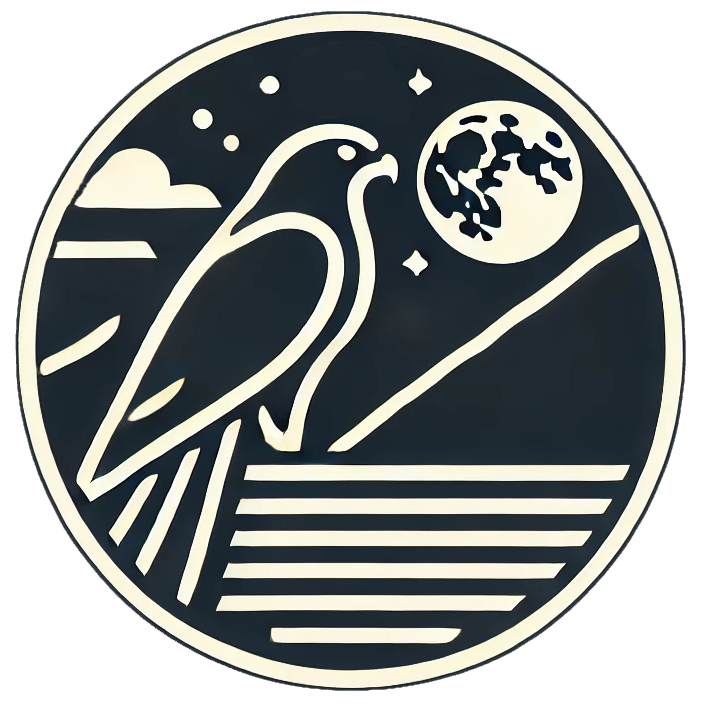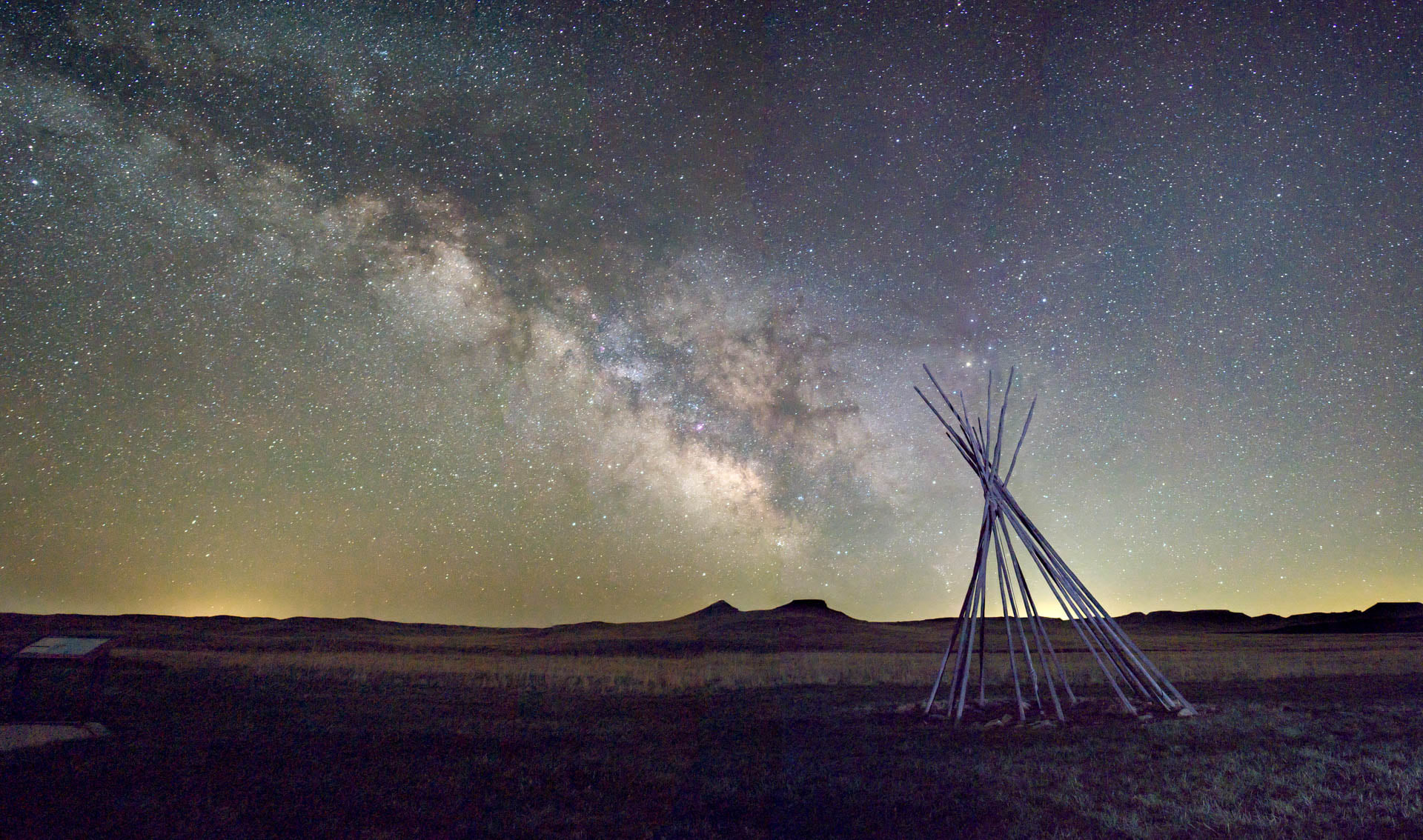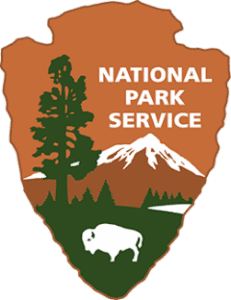Why Darkness is Important to Birds of Prey — Learn More at Agate Fossil Beds
 Join us at Agate Fossil Beds National Monument on August 2, 2024, for an “illuminating” night skies program, “Why Night Skies are Important to Birds of Prey.” This special program will feature live bird demonstrations and presentations about raptors, light pollution, and the significance of dark night skies.
Join us at Agate Fossil Beds National Monument on August 2, 2024, for an “illuminating” night skies program, “Why Night Skies are Important to Birds of Prey.” This special program will feature live bird demonstrations and presentations about raptors, light pollution, and the significance of dark night skies.
Night Skies Program Event Details
🗓️ Date: August 2, 2024
🕙 Time: 8:00pm – 10:00pm
📍 Location: Agate Fossil Beds National Monument, 301 River Rd, Harrison, NE 69346, USA
Schedule:
- 7:30pm: Visitor Center reopens
- 8:00pm: Program begins with live bird demonstrations and raptor presentations by Black Hills Raptor Center
- 9:00pm: Telescope viewing
Dress warmly, bring a red flashlight (rangers will help convert regular ones), and bring your lawn chairs or blankets. Night sky merchandise will be available for purchase from Black Hills Parks and Forests Association in the Visitor Center.

The night sky at Agate Fossil Beds is something special! Help learn how to protect it for humans and birds.
The Impact of Light Pollution on Birds of Prey
Light pollution is more than an aesthetic issue; it has significant impacts on the natural world, particularly for birds of prey. Here’s how artificial lighting affects them and why dark skies are vital.
Migration and Navigation
Birds of prey, along with many other migratory birds, use the moon and stars to navigate. Artificial lights obscure these natural cues, causing disorientation and misdirection. This can lead to birds getting lost and expending unnecessary energy, which can be fatal during long migrations. By reducing light pollution, we help birds navigate more effectively.
Reduced Collision Risks
Bright city lights attract and confuse birds, leading to collisions with buildings or causing them to circle until they collapse from exhaustion. Turning off or dimming lights, especially during peak migration periods, can significantly reduce these risks, preventing injuries and fatalities.
Habitat and Behavior
Artificial light can alter the natural behaviors of birds. For example, it can cause birds to start their activities earlier than usual, leading to inefficient hunting and increased energy expenditure. Reducing light pollution allows birds to maintain their natural schedules, improving their chances of survival.
Habitat Quality
Light pollution can degrade habitats by making them less suitable for resting and feeding. Birds may avoid well-lit areas, leading to habitat fragmentation and forcing them to travel further for food and rest. By reducing light pollution, we help maintain the quality and usability of these habitats.
Ecosystem Balance
Artificial light disrupts predator-prey relationships. Predators may find it easier to hunt in illuminated areas, while prey species lose the cover of darkness. Minimizing light pollution preserves the natural balance between predators and prey, benefiting the entire ecosystem.
Reproductive Success
Light pollution can interfere with the reproductive behaviors of birds, disrupting the timing of mating calls and other courtship behaviors. Reducing light pollution allows these natural processes to occur without interference, supporting healthier bird populations.
How You Can Help Reduce Light Pollution
Implement Bird-Conscious Lighting
Use bird-conscious lighting practices at home and in your business. Install motion sensors, timers, and shields to direct light downward. Employ warmer-colored lights (amber, orange, red) instead of blue or white lights to minimize disruption to birds.
Support Community and Policy Actions
Participate in community initiatives like “Lights Out” programs during migration seasons. Encourage neighbors and local businesses to turn off non-essential lights to create safer migration pathways and improve the overall health of avian populations.
Be a Champion for Dark Skies
Advocate for dark sky policies in your community. Support local and national legislation aimed at reducing light pollution. Spread awareness about the importance of dark skies for birds and other wildlife
Enhance Your Learning
Video: Birds and the night sky, with Cornell Ornithology Lab Watch this short video on how night skies impact birds of prey and what we can do to help.
Get Involved and Make a Difference
Purchase Night Sky Merchandise
Show your support by purchasing night sky merchandise from BHPFA. Proceeds go towards conservation and education efforts, and events like this one.
Donate to Support Our Efforts
Your donations help fund vital research and conservation programs. Every contribution makes a difference.
Share Your Support
Join us at Agate Fossil Beds for an inspiring evening under the stars. Learn how you can make a difference for our birds of prey and enjoy a night of discovery and wonder.
For more information and to support our efforts, visit our website and consider purchasing night sky merchandise or making a donation to Black Hills Parks and Forests Association. Learn about the rest of Agate’s night skies program series on their website. Your donations, memberships, and purchases directly support these programs!
Together, we can protect our night skies and ensure a brighter future for birds of prey.



